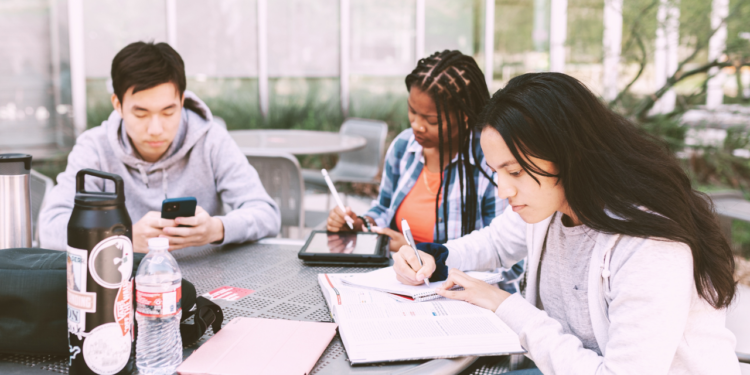What’s going on:
A study led by Dr. Erik Guzik, an assistant clinical professor at the University of Montana’s College of Business, has demonstrated that artificial intelligence (AI) can match the top 1% of human thinkers in terms of creativity, according to TechXplore.
The research team used the Torrance Tests of Creative Thinking (TTCT), a widely recognized tool for assessing human creativity, to evaluate the creative capabilities of ChatGPT, an application powered by the GPT-4 AI engine. The results showed that the AI application excelled in generating a large volume of ideas (fluency) and coming up with new ideas (originality), placing it in the top percentile (1%) for these attributes.
Why it matters:
The findings of this study indicate that AI is not only capable of performing routine tasks but also has the potential to engage in creative thinking, which is generally considered to be a uniquely human trait.
The widespread automation of tasks by businesses worldwide is rapidly becoming a reality due to ChatGPT and other AI programs becoming more popular in the workforce. As AI progresses, it is likely to become a powerful tool for business advancement and creativity, potentially revolutionizing the way companies around the globe operate.
How it’ll impact the future:
The study shows that AI programs are capable of matching human creativity, and that they could take on more complex tasks — potentially leading to increased efficiency and productivity. However, this could also lead to massive job displacement in the labor market, as roles traditionally performed by humans are likely to be automated in the coming years. Therefore, it is important for business leaders and government representatives to consider the necessary rules and regulations to ensure the responsible use of AI.
Businesses and educational institutions might provide training and education about AI tooling. This will help prepare the workforce for a future where AI plays a significant role.



 Dr. Gleb Tsipursky – The Office Whisperer
Dr. Gleb Tsipursky – The Office Whisperer Nirit Cohen – WorkFutures
Nirit Cohen – WorkFutures Angela Howard – Culture Expert
Angela Howard – Culture Expert Drew Jones – Design & Innovation
Drew Jones – Design & Innovation Jonathan Price – CRE & Flex Expert
Jonathan Price – CRE & Flex Expert










